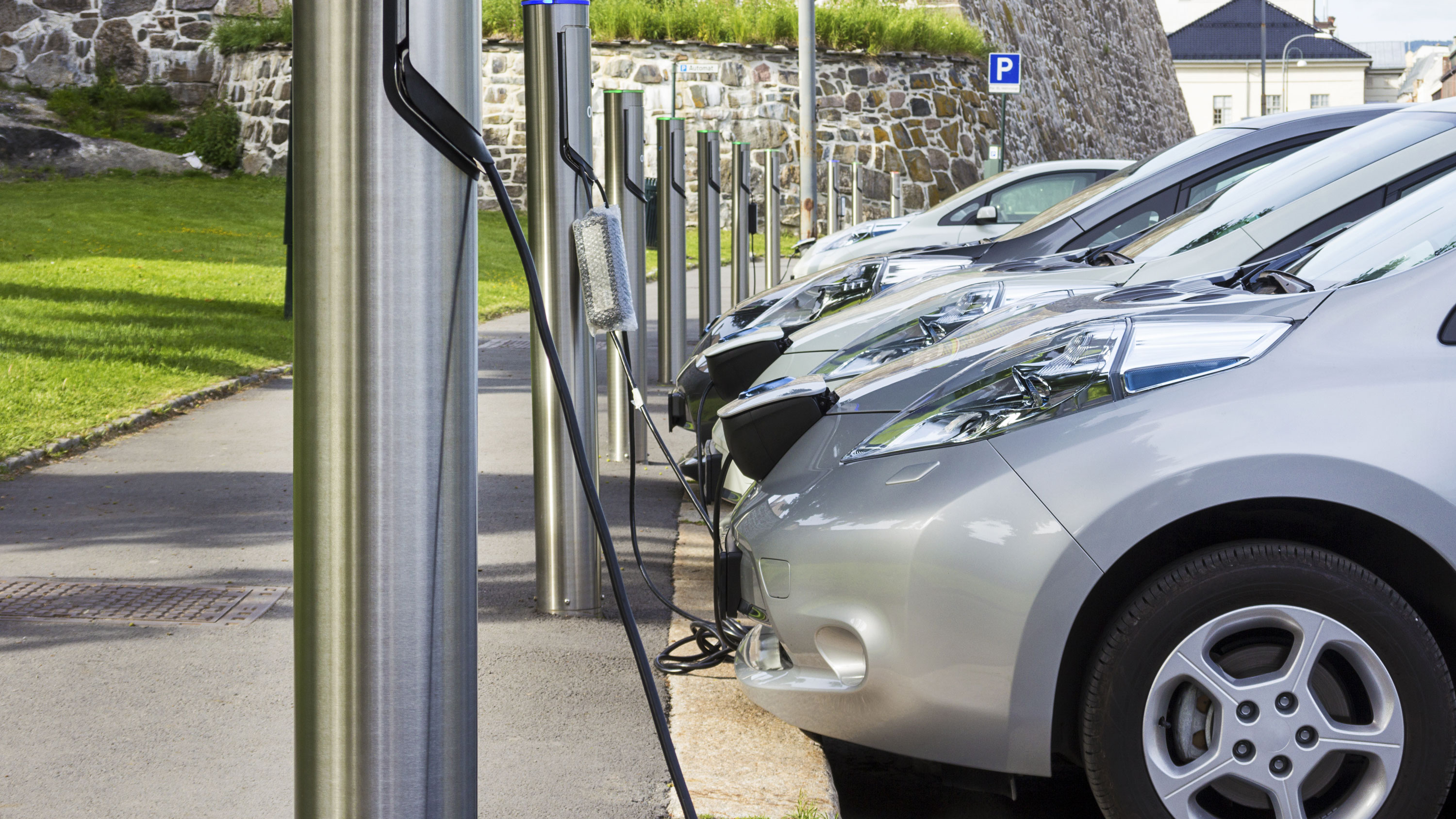EV prices likely to come down in India - This is why
GST on Li-ion battery to be slashed

Fire and explosion of battery packs in electric vehicles (two-wheelers). The government report has been a scathing on manufacturers on using below par materials for battery packs. Despite a lot of buzz, the off-take of electric vehicles in the market continues to be low. EV manufacture has been hugely hit by supply-side issues, especially chip shortage. Despite concerted efforts by the industry, the number of charging outlets continues to be low beyond the main cities.
Considering all these, the EV industry could do with some positive news. And, as it happens, there is one floating around: The Indian government is mulling GST (Goods and Services Tax) cut on lithium-ion batteries.
Though nothing is official yet, if the predicted GST reduction happens, it can lead to lowering of prices of the EVs, which in turn can further speed up their acceptance in the market.
Niti Aayog takes the lead

As per multiple media reports, the first meeting to discuss the battery-swapping policy was held last week. Niti Aayog, whose brainchild is the policy, along with, the ministries of new and renewable energy, heavy industries, and other government departments talked about tax rationalisation, standardisation of batteries to ensure interoperability in the meeting, reports said.
The expectation from the meeting is that the battery pack will henceforth suffer the same taxation as that of the EVs. Currently, EVs are taxed at 5%, while lithium-ion batteries are taxed at 18%. If the much-needed parity is ensured, lithium-ion batteries too will be taxed only at 5%. This would be a huge saving for the EV-makers. For, battery price constitutes as high as 50% of an EV cost. In 2018, the GST rate on lithium-ion batteries was cut to 18% from 28%.
NITI Aayog has been batting for a cut in GST for EV batteries. Late last year, NITI Aayog's head honcho Amitabh Kant said the government is working on reducing GST on EV batteries. Niti Aayog is just the government think-tank and the final decision has to be taken by the GST Council that is under the aegis of the Finance Ministry. But as the government wants to make India a hub for EV production such financial sops would be needed and give an impetus to green mobility plans.
Aside from battery swapping policy, Niti Aayog has also given a proposal to bring institutional lending to purchase electric vehicles under the priority sector ambit. Simply put, this means banks loans for buying electric vehicles could become cheaper. As of now, the loans are extended under auto retail category --- among the high interest categories in India.
Sign up for breaking news, reviews, opinion, top tech deals, and more.

Over three decades as a journalist covering current affairs, politics, sports and now technology. Former Editor of News Today, writer of humour columns across publications and a hardcore cricket and cinema enthusiast. He writes about technology trends and suggest movies and shows to watch on OTT platforms.